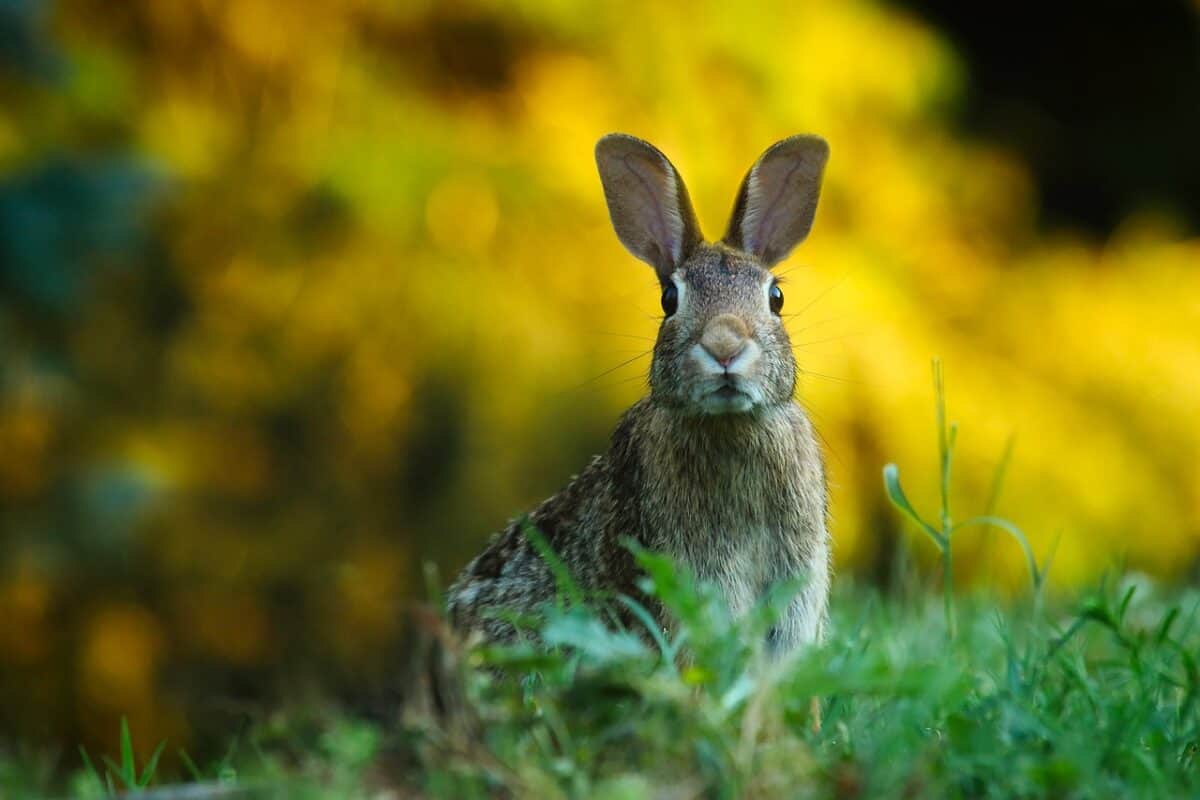As Easter approaches, the image of rabbits hopping through a garden of pastel-colored eggs fills the minds of many. These adorable creatures have become synonymous with the holiday, often leading to the well-intentioned but misguided practice of gifting rabbits to children as Easter presents. However, animal experts and welfare organizations strongly advise against this. Gifting a rabbit is not the same as giving chocolate eggs or plush toys; it comes with long-term responsibilities and considerations that many might not foresee. In this article, we will explore the reasons why rabbits should not be given as Easter gifts, how it impacts the animals, and what alternatives might be better suited.
Rabbits Are Not Low-Maintenance Pets

Unlike what many might believe, rabbits require a significant amount of care and attention. They are often perceived as low-maintenance pets, but in reality, they demand time, effort, and proper knowledge, much like dogs or cats. Rabbits need daily exercise out of their cage, mental stimulation, regular grooming, and proper diet management to thrive. Without these, they can develop health and behavioral issues.
Lifespan of a Rabbit: A Long-Term Commitment

A rabbit’s lifespan typically ranges from 8 to 12 years, which is a significant commitment. Many people who gift or receive rabbits during Easter do not realize that they are committing to over a decade of care. This responsibility can be overwhelming, leading some owners to abandon or surrender their pets once the novelty of Easter has worn off.
The Myth of the Easy Pet

The misconception that rabbits are easy starter pets can lead to improper care and neglect. Unlike small pets like hamsters or guinea pigs, rabbits have complex needs. They require more space, thorough socialization, and regular veterinary care. Often, first-time pet owners are not prepared for these responsibilities, leading to poor quality of life for the rabbit.
Social Creatures Who Need Attention

Rabbits are highly social animals, requiring regular human interaction and the company of other rabbits to be happy. They can suffer from loneliness and depression if left isolated, highlighting the importance of considering their social needs before bringing one into the home as a gift.
Health Concerns and Veterinary Care

Rabbits have specific health needs that require attention from vets knowledgeable about their species, which can be costly. They are prone to dental, digestive, and other health concerns necessitating routine veterinary check-ups. Many new owners are unaware of these requirements, resulting in untreated health problems.
The Importance of Proper Housing

Rabbits need a spacious and enriching environment. A typical cage is insufficient for their needs. They require space to hop around and explore, both of which are vital for their physical and mental well-being. When kept in cramped cages, they can develop sore hocks, obesity, and other health issues.
Dietary Needs: More Than Just Carrots

While the cartoon image of rabbits munching on carrots persists, the reality is they need a balanced diet rich in hay, fresh vegetables, and specialized pellets. An improper diet can lead to serious health issues such as obesity, digestive irregularities, and dental problems.
The Risk of Impulse Buying

Easter often leads to impulse buying of rabbits from pet stores. Without prior research and preparation, these purchases tend to result in poor long-term outcomes for the rabbits, who suffer from neglect or are relinquished to animal shelters when the excitement fades and the reality of care sets in.
Economic Impact: The Cost of Rabbit Care

Maintaining a rabbit includes ongoing costs for food, bedding, toys, and veterinary care. These financial responsibilities can strain families unprepared for them, especially when the initial gift was given without consideration of long-term expenses.
Rising Numbers in Shelters Post-Easter

Animal shelters often see an influx of rabbits in the months following Easter, as erstwhile loving gifts become neglected burdens. This increase stretches the resources of shelters and reduces the chances of affected rabbits finding new, caring homes.
Alternatives to Gifting Rabbits

Instead of gifting a live animal, consider alternatives that respect the spirit of Easter while avoiding the ethical dilemmas of giving living creatures. Bookstores, educational toys, or even sponsoring an animal at a sanctuary are thoughtful, responsible alternatives that can also cultivate a child’s love for animals without the immediate responsibility.
Conclusion: A Thoughtful Approach to Easter Gifting

Rabbits are wonderful, complex creatures deserving of a loving, knowledgeable home. They should not be thought of as short-term pets or spur-of-the-moment gifts. With this awareness, we can ensure better futures for these charming animals. When considering Easter gifts, it’s crucial to think long-term and acknowledge the challenges and responsibilities involved, ensuring that such choices reflect an understanding and respect for animal welfare.
- 12 Deadliest Predators You’ll Find in US States - July 6, 2025
- Could Drought Turn the Mississippi Basin into a Dust Bowl? - July 6, 2025
- Can Snakes Give Birth Without Mating? - July 6, 2025

